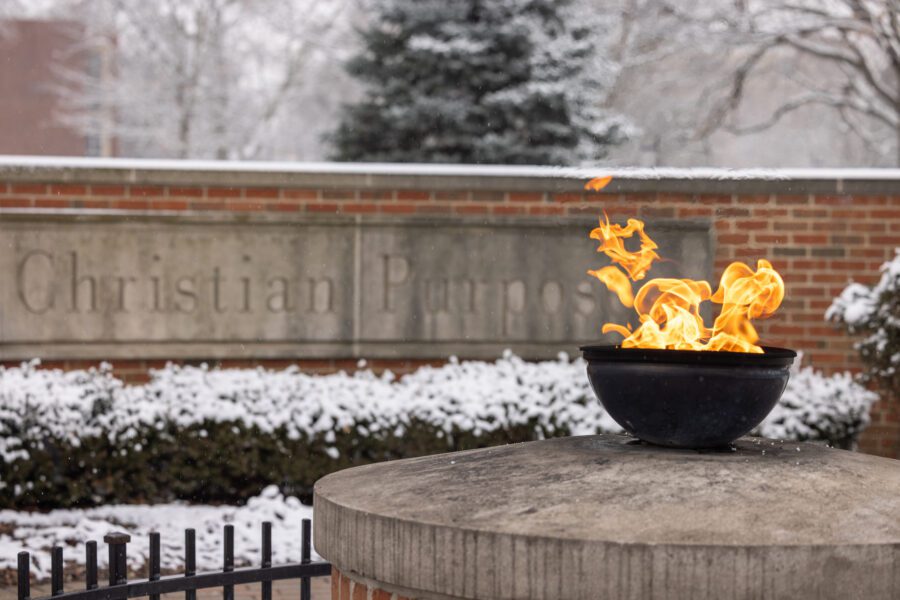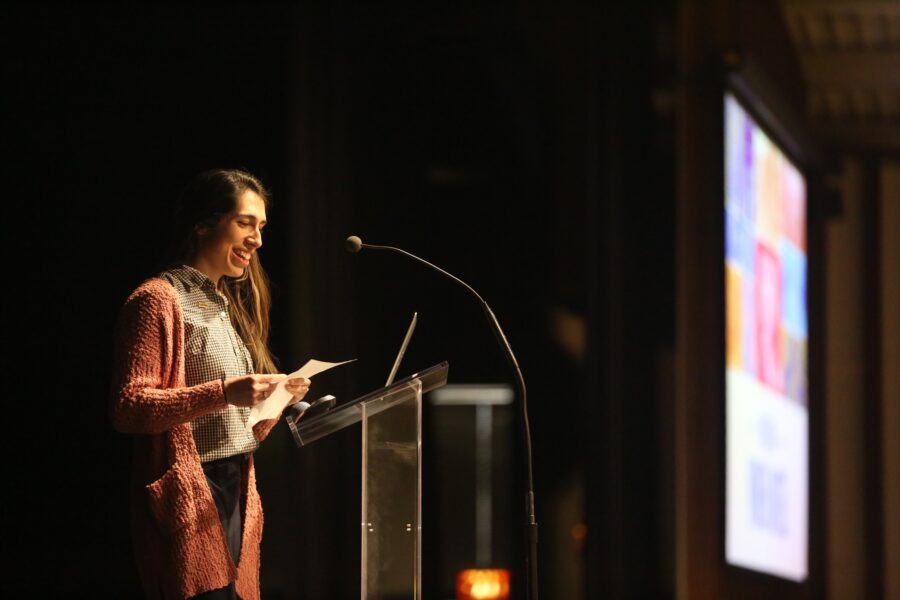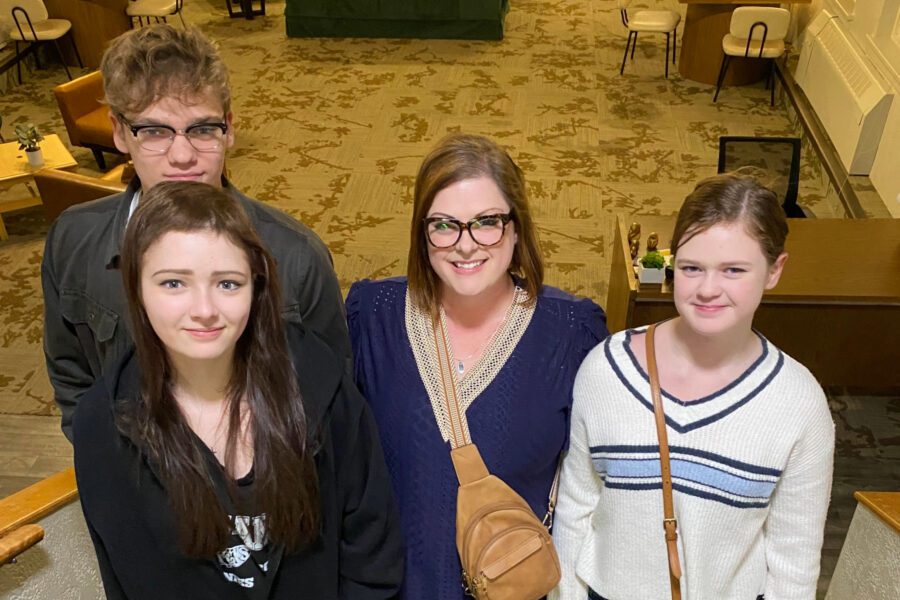
In recent days, I once again enjoyed watching A Christmas Carol. The Charles Dickens classic features Ebenezer Scrooge, who is forced to think about his life when the spirits of Christmas past, present and yet-to-come visit him. Though the visits are unsettling, in the end they combine to transform Scrooge from a cheerless miser to a gentler and more benevolent man. The story has become an annual reminder that there is hope if one changes his or her outlook, or the way he or she thinks. Beginning a new year is a good time to give careful thought to … well, my own thoughts and how they influence me.
Interestingly, Dickens was not alone in his concern regarding how people approach, or think about, life. Apparently, the Lord shared the same concern. For in the short Old Testament book of Haggai, the Lord repeatedly mentions giving “careful thought” (1:5, 7; 2:15, 18) to important life issues. The original Hebrew wording of these texts includes “heart,” implying that careful thinking comes from deep within a person’s heart. Giving careful thought requires an intentional and sober focus. That is the message of Haggai; it is also a message worth our consideration as we embark on another new year.
However, two problems confront us when it comes to our thought life today. First, our busy lifestyles distract us from too much careful thinking. We have become doers and responders rather than thinkers. The latter requires too much time; we value efficiency and getting a job done quickly. Social media posts sometimes illustrate that limited thought has gone into a comment. We have grown accustomed to reactive, rather than thoughtful, responses in our frenzied world. Second, the content of our thought life is negatively influenced by the constant stream of news, pictures and chatter that fill our days. What we feed our minds shapes us. The “noble” thoughts that Paul advised in Philippians 4:8 are rare when we are regularly bombarded with pornographic-like images, sensational and malicious news reports, and posts from friends and associates that make us either envious or angry. Careful thought takes time and discipline, both of which seem to be increasingly in short supply.
The prophet Haggai, writing in the sixth century B.C., has a relevant word for us as we contemplate 2025. The message — like the one that came to the character Scrooge — had three parts that called for carefully thinking about the present, past and future. Haggai’s two-chapter book invites us to do the following:
- Give careful thought to our present ways. Haggai begins with a focus on present circumstances, right there in Jerusalem. Speaking for God, Haggai encouraged those who had returned from their Babylonian exile to give careful thought to two significant matters. First, their priorities needed attention. The people were more concerned about their own “paneled houses” than they were about God’s house that “remain[ed] a ruin” (1:4). Anytime our comforts take precedence over God’s work, it is time to “give careful thought to [our] ways” (1:5). Second, their practices were troubling (1:6). Nothing they did led to satisfaction or lasting gain. God made clear that He was not about to bless them and their practices until they made Him their uncontested priority (1:9–11). Giving careful thought to current priorities and practices is a great way to start a new year!
- Give careful thought to our past days. Whereas Haggai 1 focuses on the present, Haggai 2 opens by pointing to the past. Three references to Israel’s history are made, highlighting past glory (2:3), past courage (2:4) and past deliverance (2:5). First, there was a time when the magnificent temple in Jerusalem, built by Solomon (I Kings 6–8), was the talk of the land. God’s glory inhabited the place. Second, Haggai’s repeated admonition encouraging leaders to “be strong” was a reminder of an earlier time in Israel’s history when strength and courage were particularly needed (Joshua 1:6–9). Third, reference is made to the Israelites coming out of Egypt, a clear allusion to their deliverance from the hand of Pharoah (Exodus 14). The message from all these historical events is clear: It is proper to give careful thought to God’s work and faithfulness in past days.
- Give careful thought to our future possibilities. The end of the book of Haggai pivots from the past to the future. The Lord reminds His people, “In a little while I will once more shake the heavens and the earth … and the desired of all nations will come” (2:6–7). Most scholars read this as a reference to the future coming of Christ. The repetition of the phrase “From this day on” (2:15, 18, 19) is yet another way to underscore the emphasis on what lies ahead. God promises future blessing to His people (2:19). We would be wise to ask what blessing He might have in store for us in the coming year. Might this be the year when “the desired of all nations will come” (2:7)? Who knows? But let’s be prepared by giving careful thought to the future.
Dickens and Haggai, as it turns out, produced literature with a similar emphasis. Both encouraged careful thought about life’s decisions and behaviors. One piece of literature came from a creative novelist in England. The other came from the Creator of the world, Almighty God. If the former still captures our attention every year, how much more ought we pay attention to the latter?
Starting a new year is the perfect time to “give careful thought to [our] ways.”
Adapted from Kent R. Olney’s 2023 book, Sixty-Six (Wilmore, KY: Francis Asbury Press), chapter 37.





